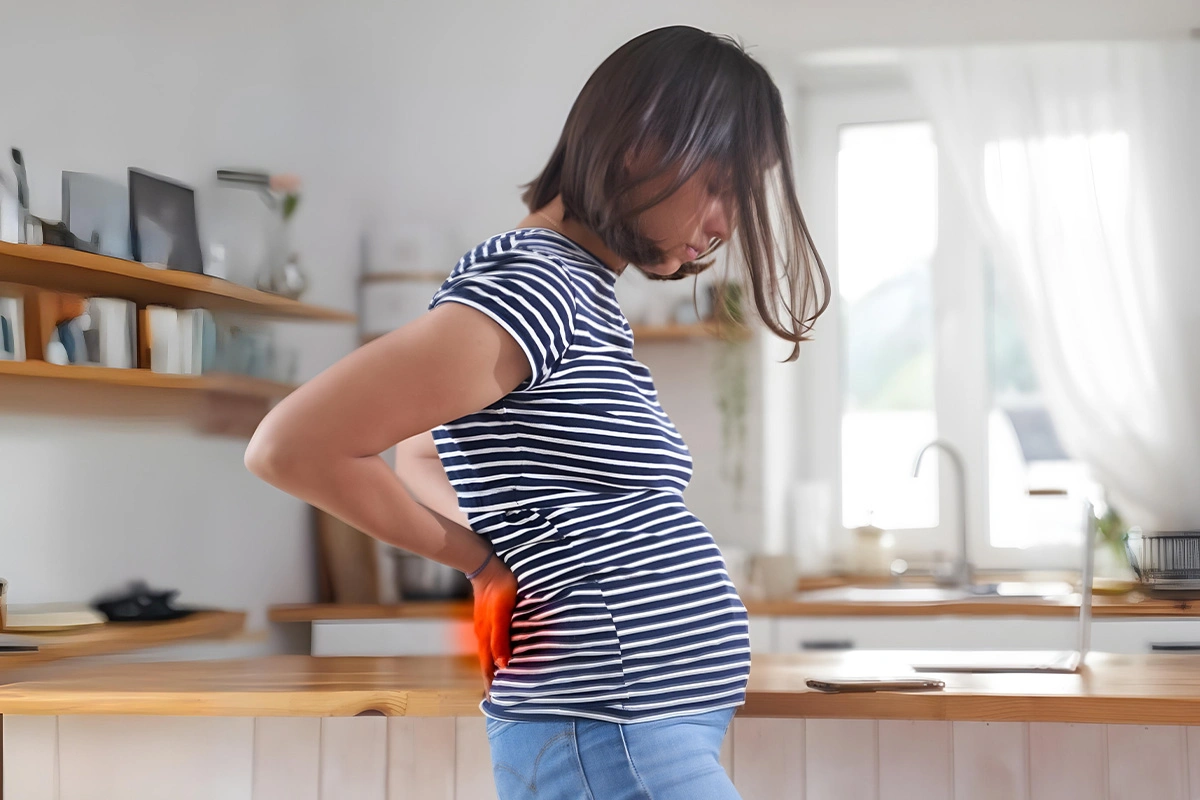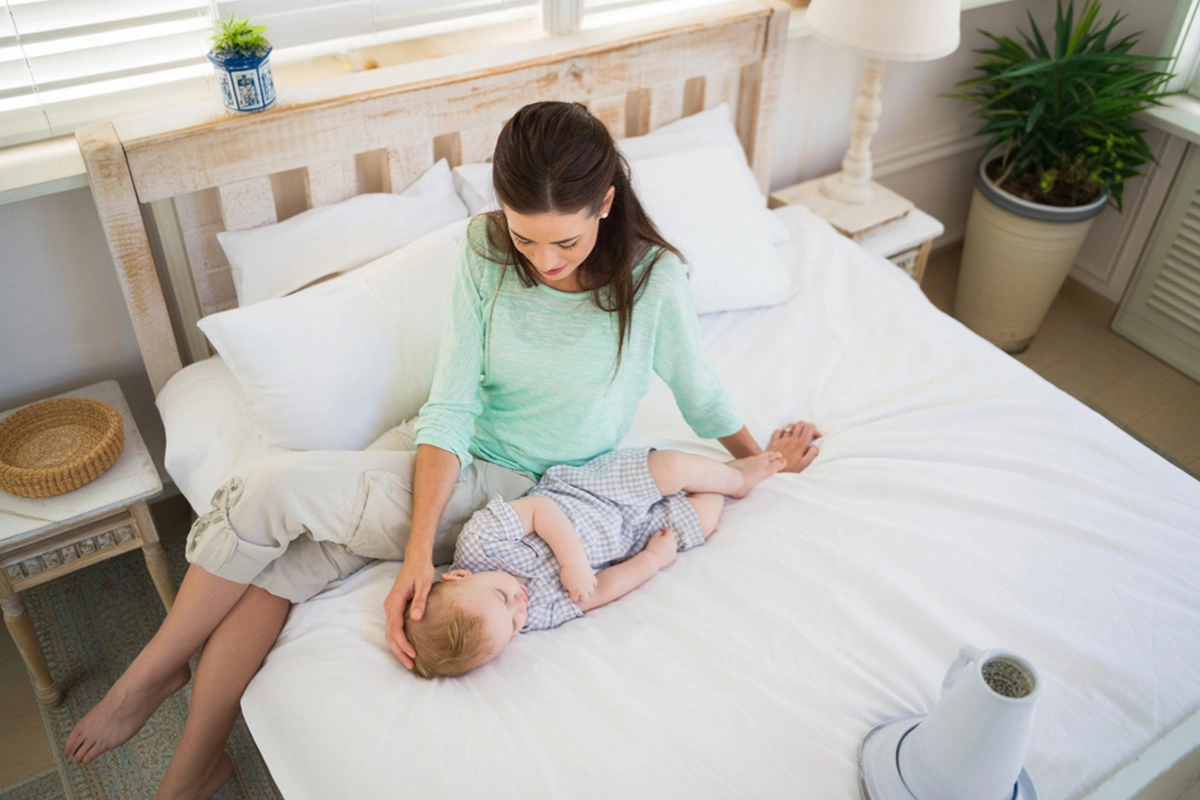Bounce back with confidence—relief for new moms.
Motherhood is often described as a beautiful journey, and the weight you carried during pregnancy is absolutely worth it. Still, along the way, your body goes through incredible changes, from hormonal shifts to pregnancy weight gain which sometimes make you feel exhausted. Usually, many women look forward to the moment their baby arrives, believing that once their bundle of joy is in their arms, the aches and pains of pregnancy will finally fade. So when pregnancy ends with arrival of your new born, the body start feeling lighter. This phase is also known as postpartum period, and usually, mothers start assuming that now soon they will bounce back to their normal routine. But for some new mothers, the reality doesn’t always match their expectation. Instead of disappearing aches, postpartum back pain lingers, making recovery more challenging than expected and adding stress during a time when rest and healing are required.




Yes. Stress and anxiety can tighten muscles and increase tension, which may lead to painful spasms, especially in the back and shoulders. You can follow some relaxation techniques like gentle massage, applying cold and heat packs and by doing some gentle exercises like meditation and yoga.
Not really. Usually mothers report soreness at the epidural site, but research shows epidurals rarely cause long-term back pain. Most postpartum back pain comes from pregnancy-related changes, posture issues, and muscle strain. If pain is persistent or severe, it’s best to see a healthcare provider for an accurate diagnosis.

